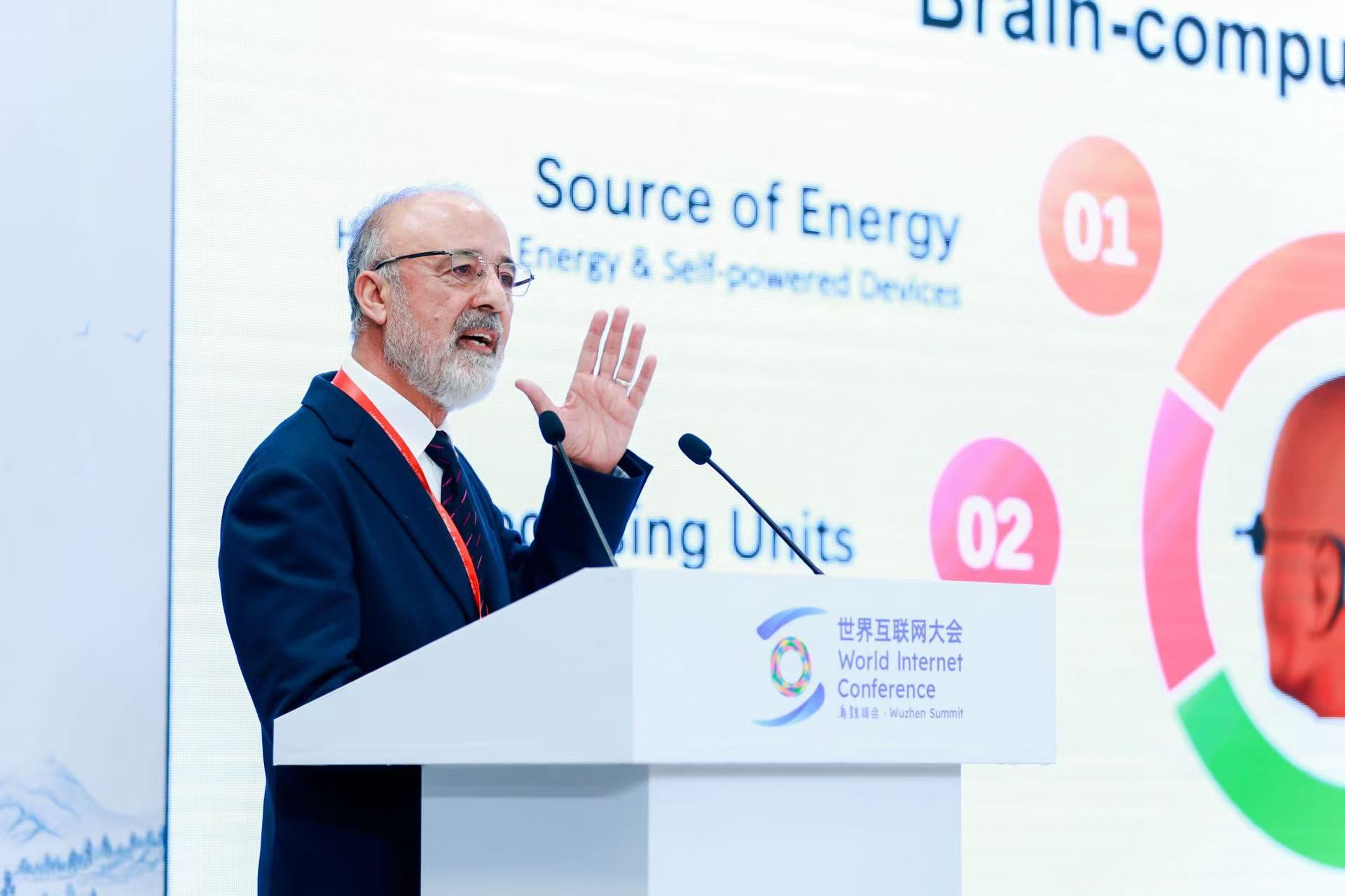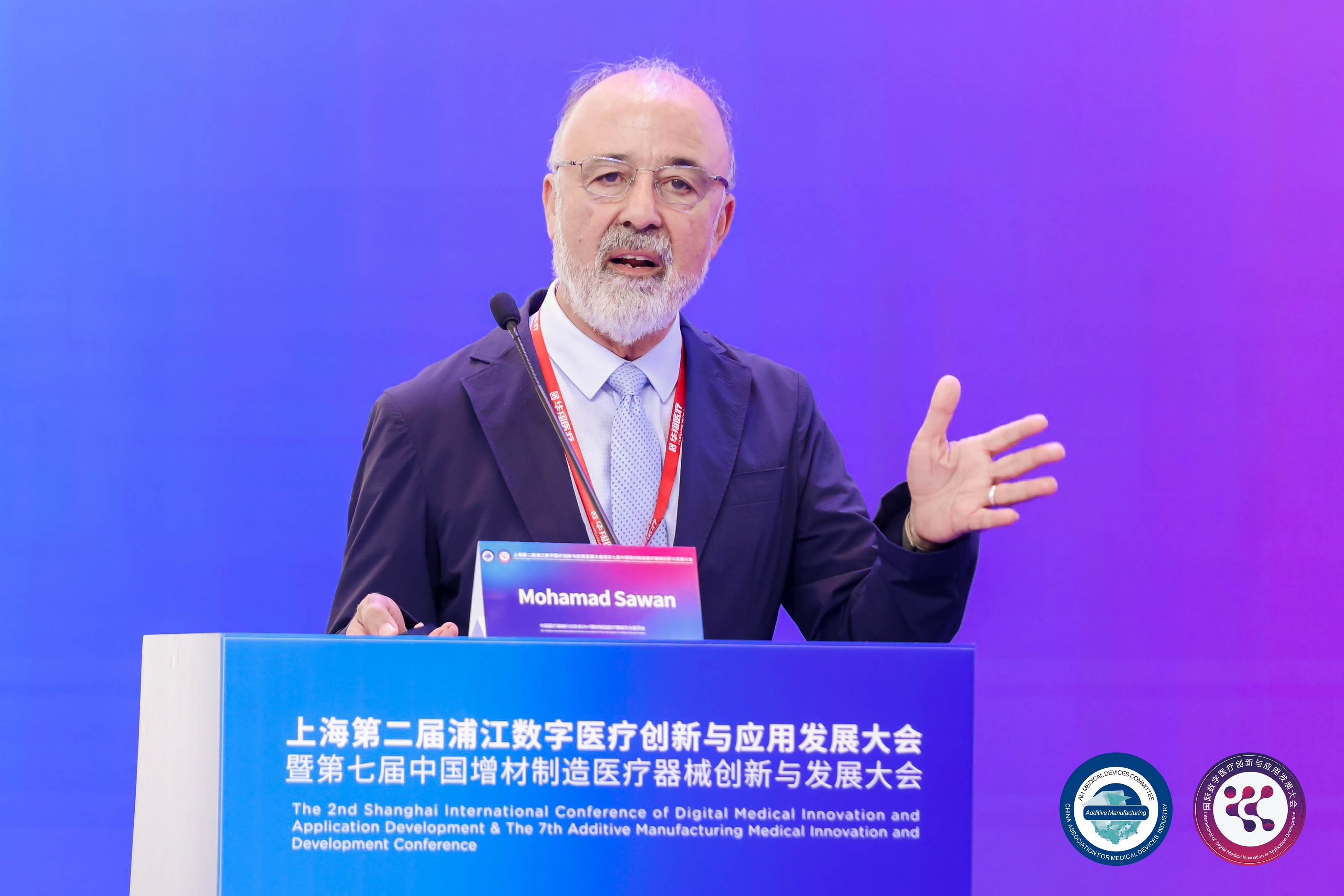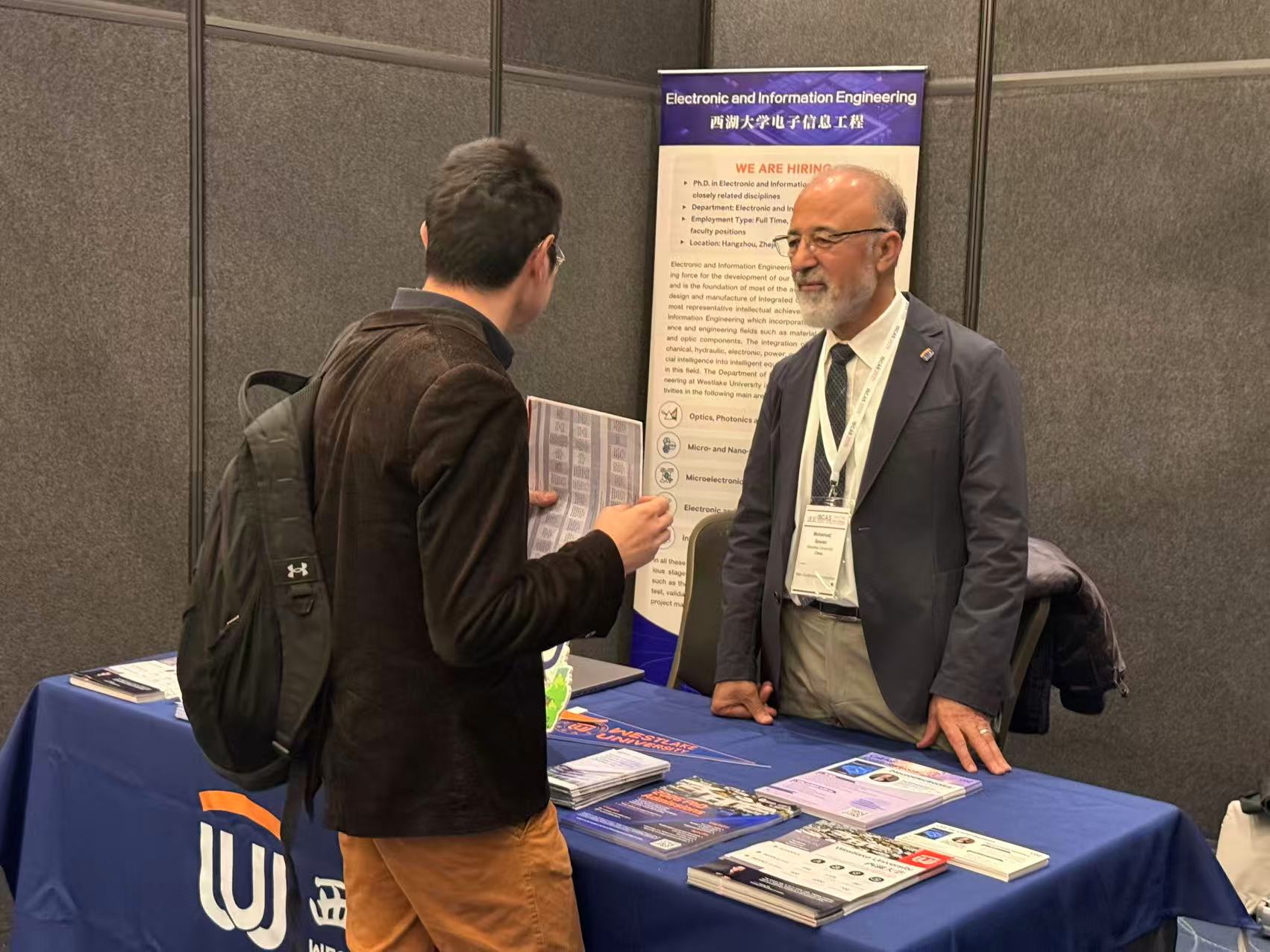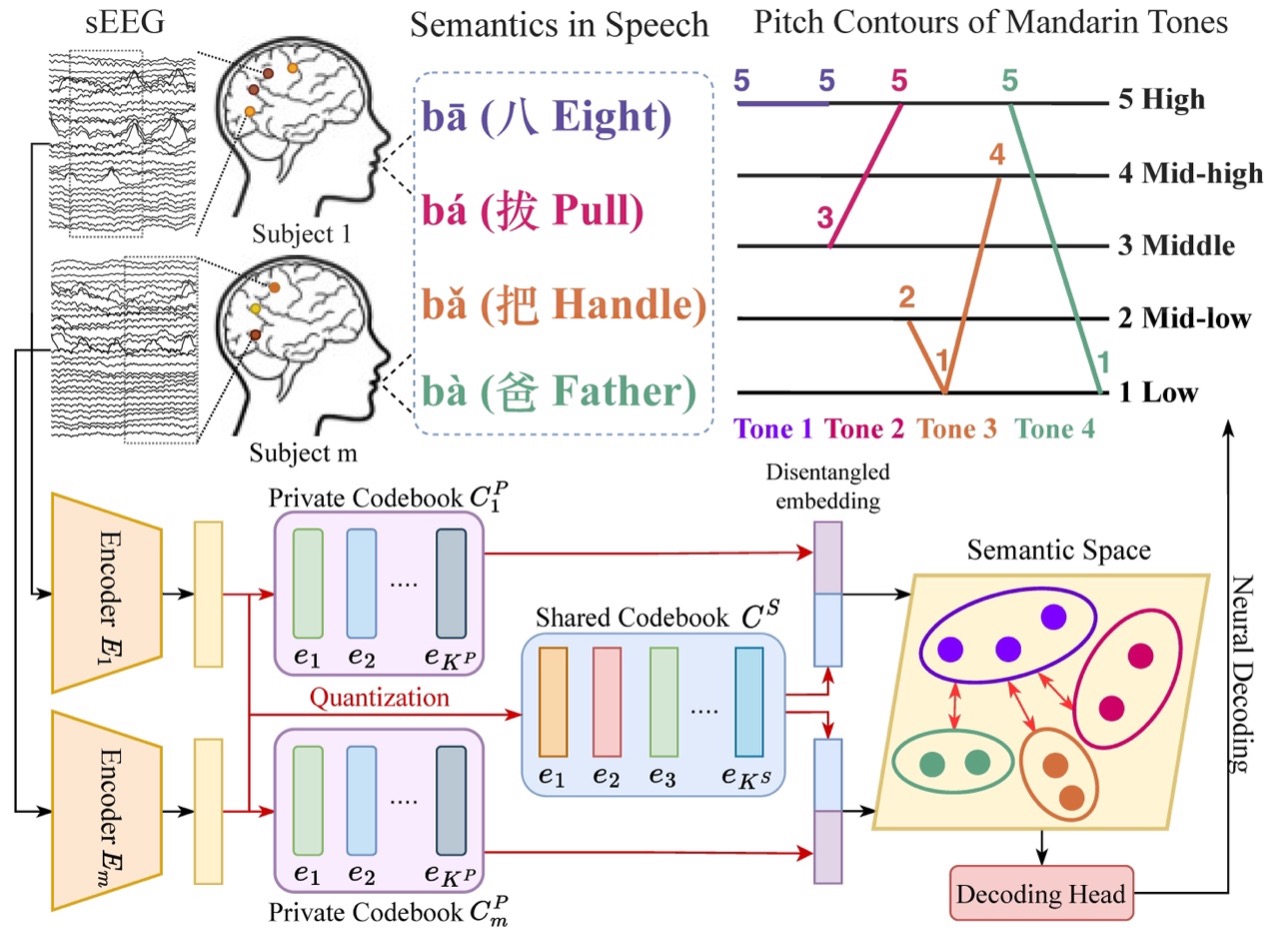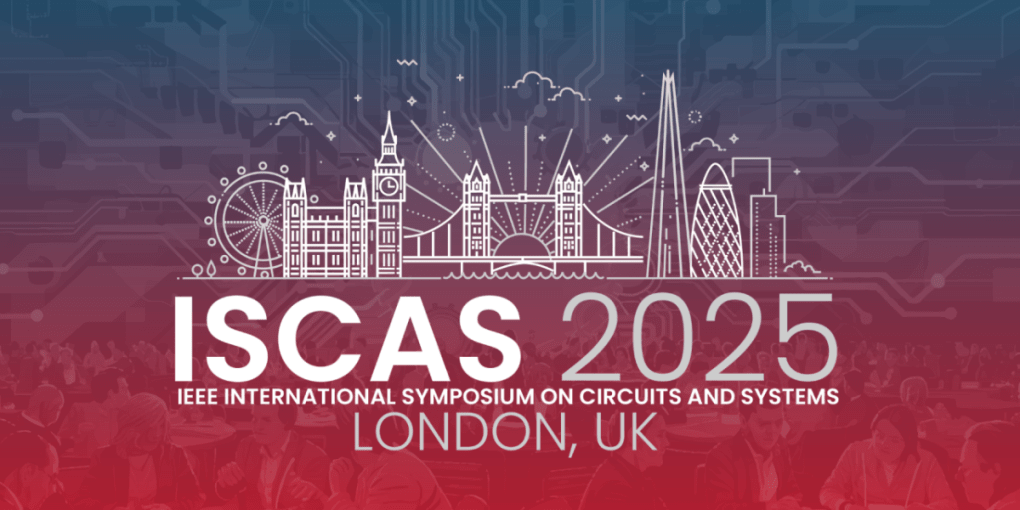Titled “Towards Intelligent Noninvasive Closed-loop Neuromodulation Systems” and “Real-time Biosignal Recording and Machine-Learning Analysis System”, these contributions have been accepted in the coming 2022 IEEE International Conference on Artificial Intelligence Circuits and Systems conference. In the two publications, we present a closed-loop modulation system including a real-time biosignal recording and processing platform. The proposed circuits and systems are intended for intelligent diagnosis and treatment of brain disorders such as addiction, insomnia etc. Congratulations to authors and co-authors for these excellent achievements.

Paper #1
LI H., WANG J., ZHAO Shi., TIAN F., YANG J., SAWAN M., “Real-time Biosignal Recording and Machine-Learning Analysis System”, IEEE International Conference on Artificial Intelligence Circuits and Systems, Incheon, Korea, June 2022.
Abstract
Biosignal recording and processing systems (BRPSs) are in high demand for numerous applications such as brainmachine interfaces, healthcare, and other clinical applications. However, conventional BRPS can only perform simple operations, such as filtering and denoising, but cannot perform robust machine learning-based analyses in real time. This paper proposes an intelligent BRPS that consists of a signal recording frontend for biosignal acquisition, control and visualization hub, and FPGA board for machine learning acceleration. High-speed Ethernet and PCIe interfaces were used to increase the data transmission rate of the system. Moreover, the integrated accelerator in the FPGA is designed in a single-instruction-multiple-data (SIMD) mode to perform complex machine learning operations in parallel to speed up data-processing tasks. The proposed system is validated for various applications, including EEG-based seizure prediction with a convolutional neural network (CNN), EMGbased gesture recognition with a spiking neural network (SNN), and ECG-based arrhythmia detection with a binary neural network (BNN). Experimental results reveal that this system takes 13 ms to process one-second electrophysiological signals at 512 Hz and 32 channels, thus achieving real-time performance. The proposed BRPS is an open-source and expandable system, and different machine-learning approaches can be configured for diverse applications.
Paper #2
YANG J., CHEN Y., SAWAN M., “Towards Intelligent Noninvasive Closed-loop Neuromodulation Systems”, IEEE International Conference on Artificial Intelligence Circuits and Systems, Incheon, Korea, June 2022.
Abstract
Neuromodulation is an effective method to treat various kinds of brain diseases. It has drawn significant attention in academic research and the medical market and has become a rapidly developing area of medicine. However, current neuromodulation technologies face bottlenecks such as high cost, bulky, and lack of intelligent closed-loop for patientspecific treatments. These bottlenecks further limit the widespread use of neuromodulation technologies. Fortunately, these challenges, in turn, drive the advancement in integrated circuits and systems designs for biomedical applications. This paper presents recent research on IC development that is relevant to addressing the abovementioned challenges, emphasizing closing the loop with on-chip artificial intelligence (AI). Our current research will be presented as a case study to demonstrate how dedicated IC designs and AI can benefit the development of an intelligent and miniaturized closed-loop neuromodulation system. The challenges and emerging directions for the development of circuits and systems for neuromodulation technologies are summarized in the concluding remarks.



